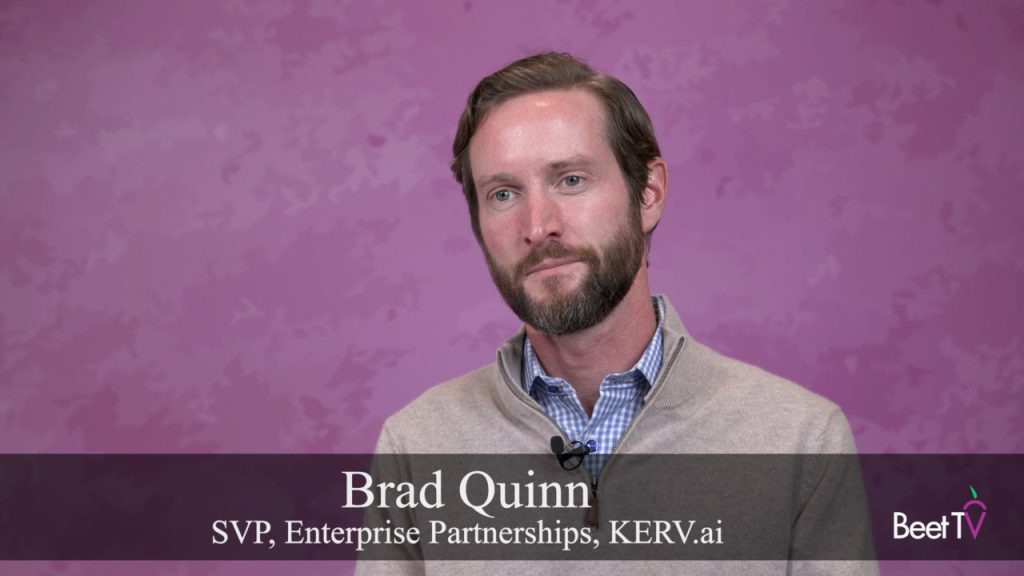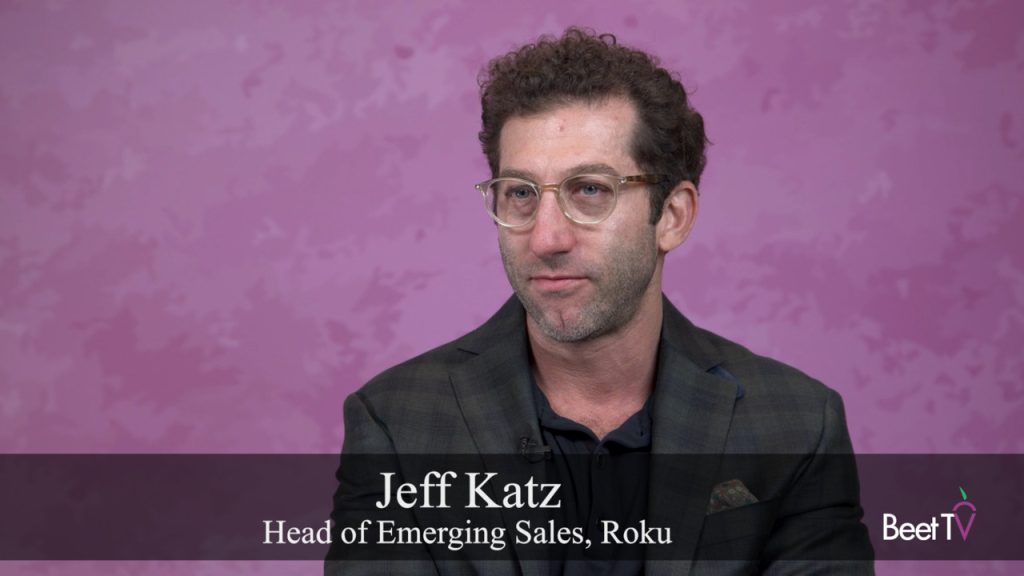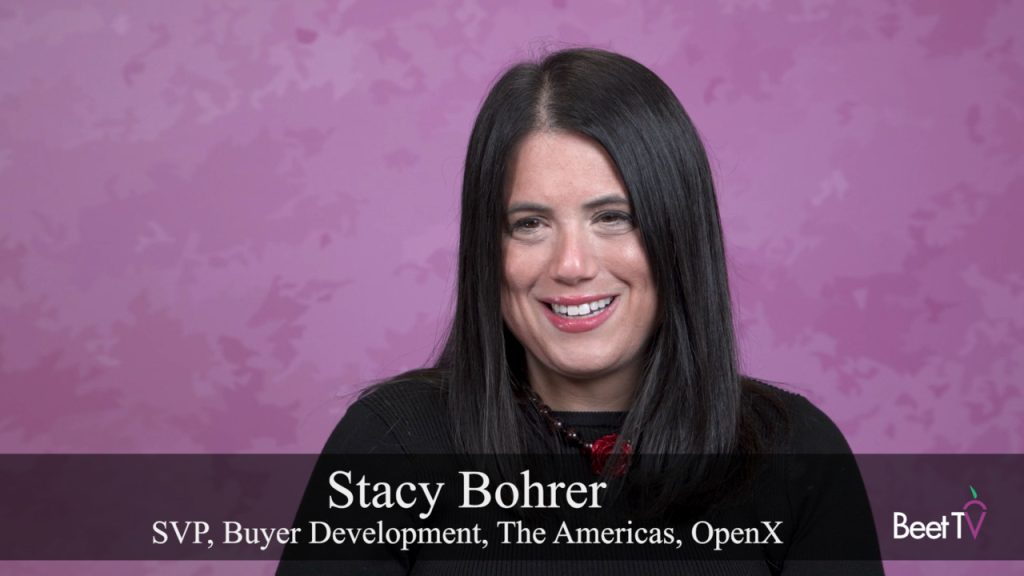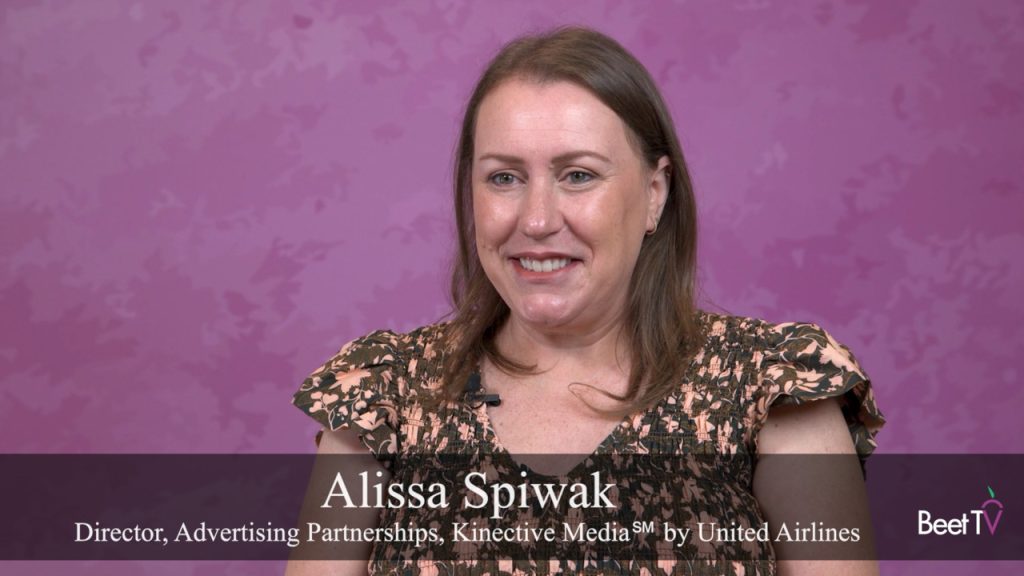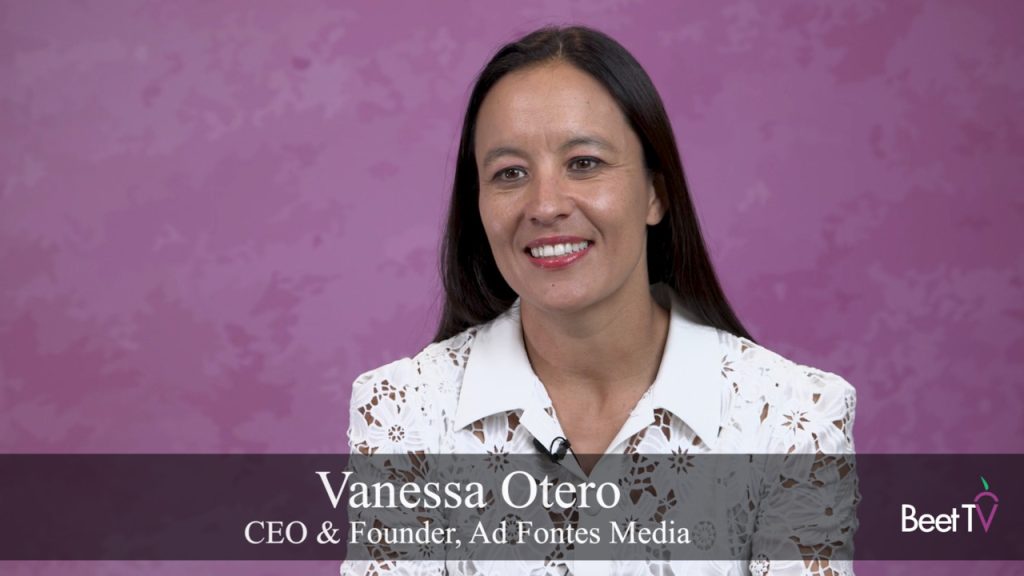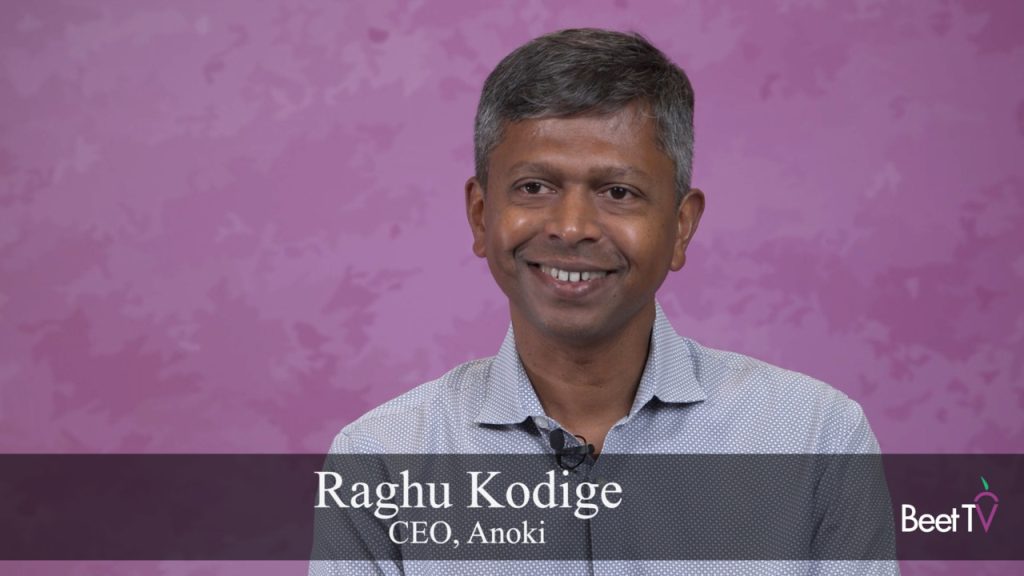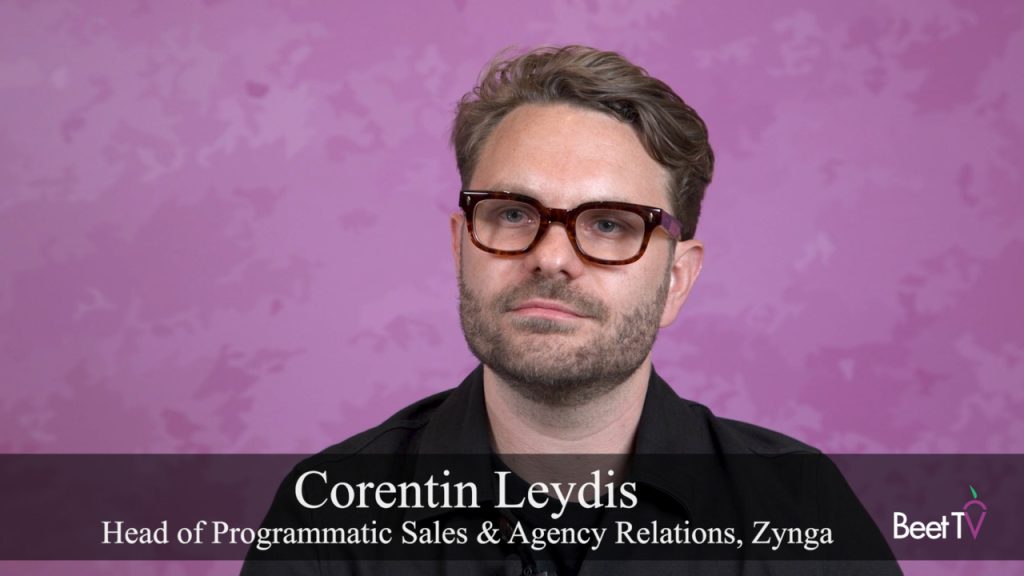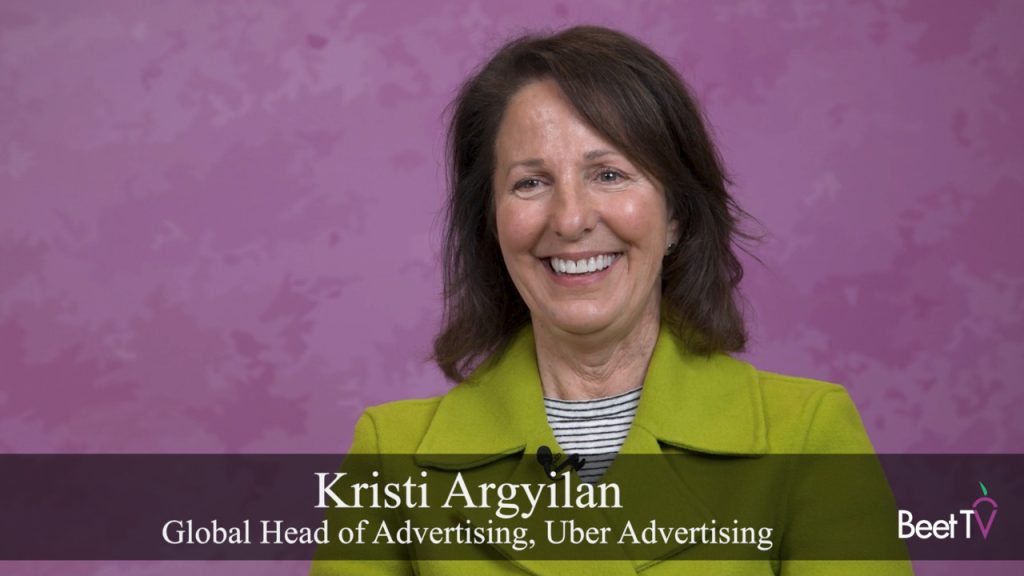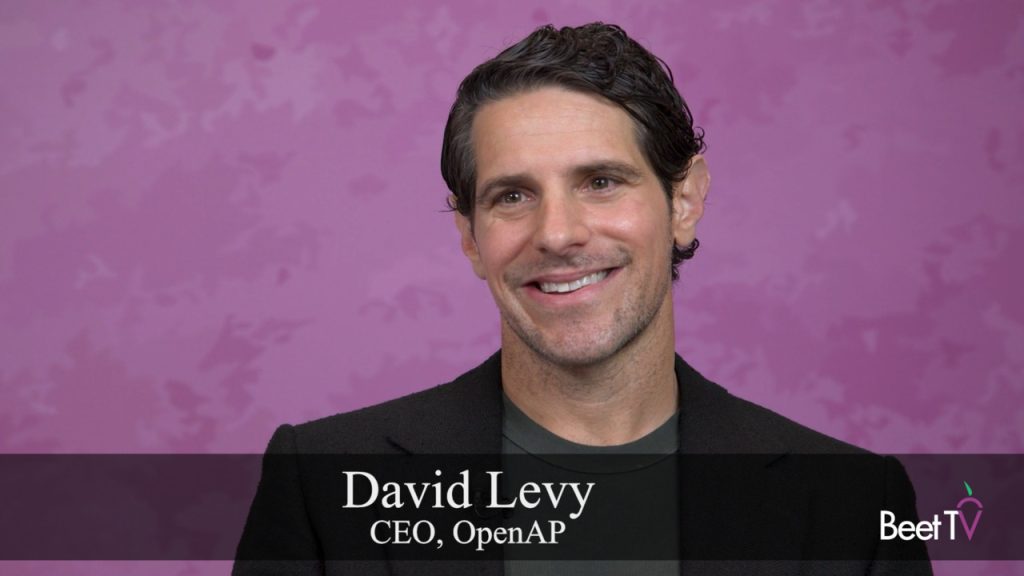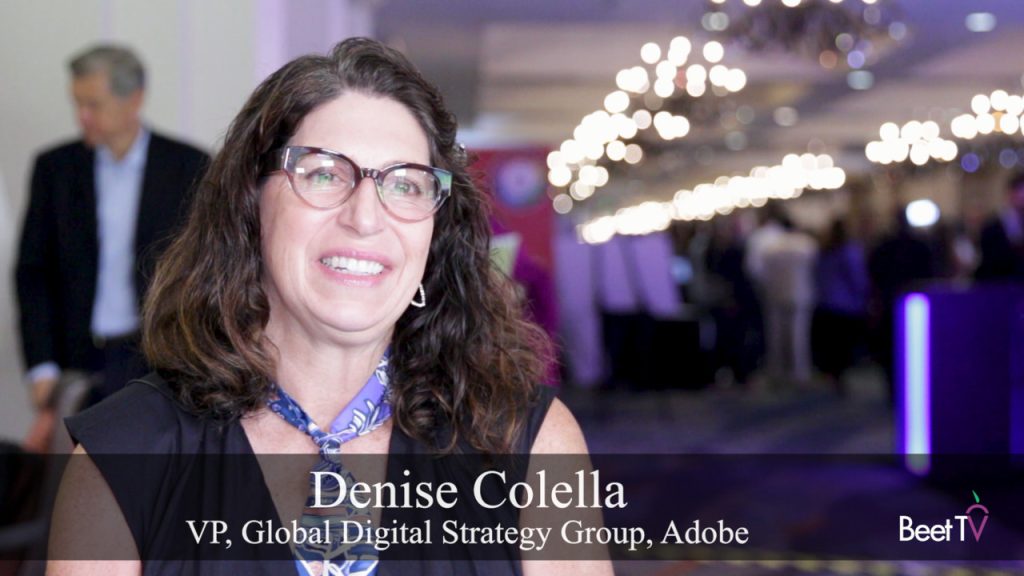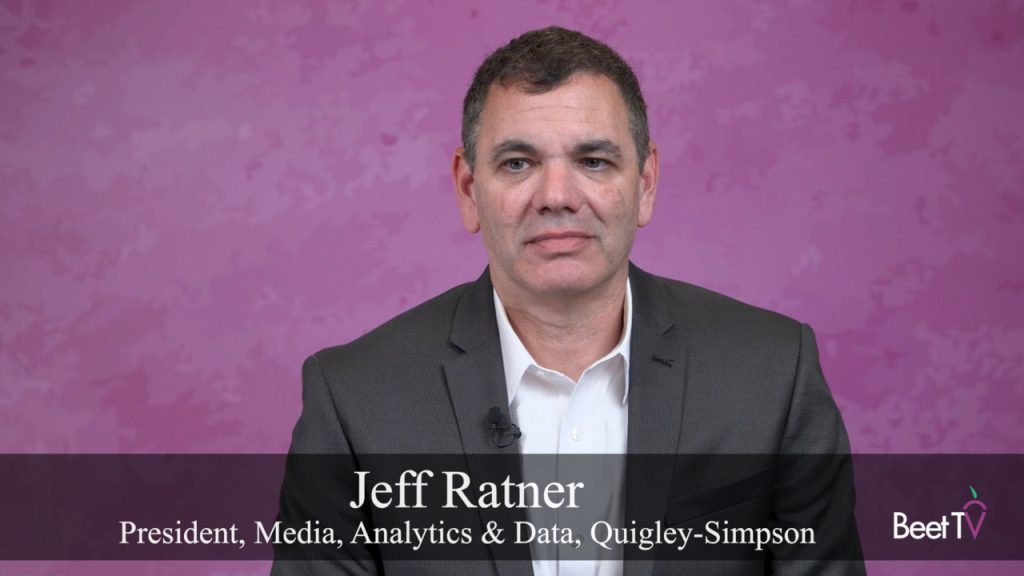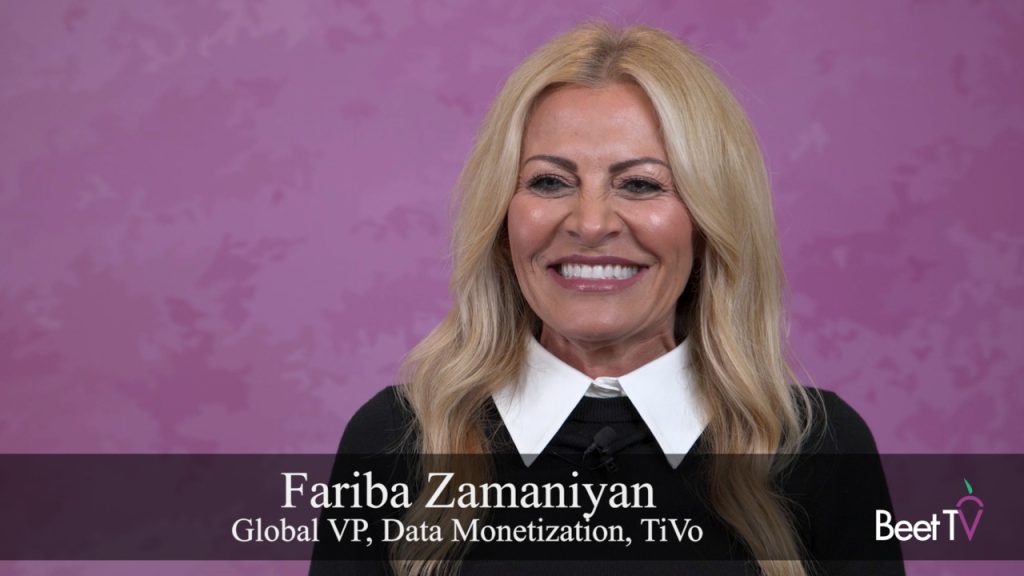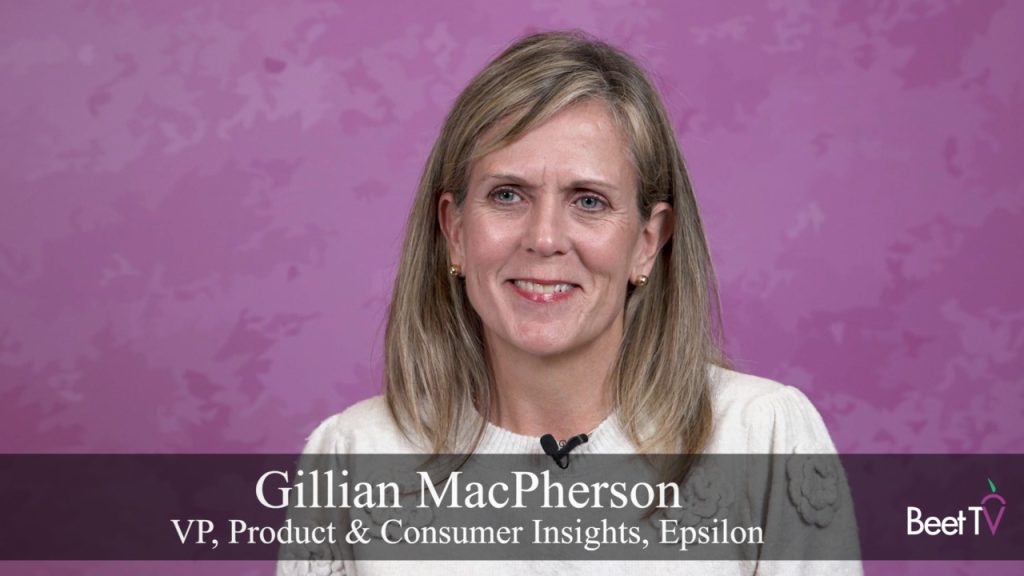SANTA BARBARA — For the last decade, digital advertising has revelled in its ability to super-target individual audiences using assortments of digital breadcrumbs, leveraged through software platforms.
But, lately, legislation and tech vendors’ own policy changes mean this super-power is drying up – and that is causing a reduction in ad spend.
So says the CEO of a software ad-tech firm servicing both publishers and ad buyers.
“Marketers love the internet because of the addressability (of consumers’ identity),” Raveej Goel of PubMatic says. “The challenge is that the browsers are now making identity impossible to solve for marketers.
“Safari has done away with the cookie, Firefox most recently. For many publishers, 30% to 40% of their inventory now is not addressable.”
That reduction in targetable ad space has a real consequence.
Goel says it is causing advertisers to spend less overall.
“What we see, looking at our own data across 80 billion auctions per day, is that when there is no sense of identity, marketers spend a quarter to a third the amount of money on those ads than they do when there is identity,” he says.
Put together, it all means that ad buyers should find new tactics – chief amongst them, gaining the data of opted-in, fully consented users, in order to comply with the new rules and realities.
“The opportunity, as consumers become more aware of identity and they want to assert control, is opt-in – consumer control over their identity and their relationship with the publisher – and marketers can then leverage that opt-in from the consumer to do targeting,” Goel says.
This video is from a series leading up to, and covering, the Xandr Relevance Conference in Santa Barbara. This Beet.TV series is sponsored by Xandr. Please visit this page to find more videos from the series.



























